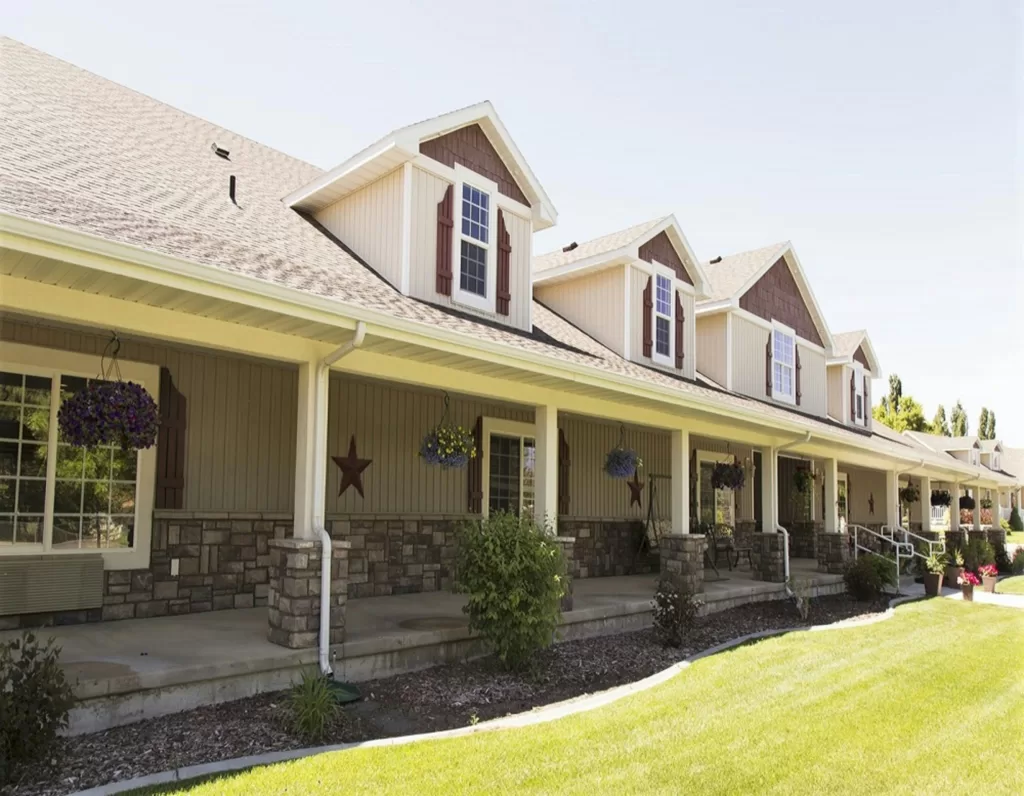Updated on August 20, 2024

Understanding Assisted Living
Assisted living is a unique care arrangement designed for individuals who need some assistance in their daily activities but are not fully dependent.
It is a blend of care that integrates some parts of housing, healthcare, and personal care services to accommodate people struggling with physical, emotional, or mental constraints.
Unlike the intensive care offered in nursing homes, assisted living facilities offer a more flexible setting where residents can maintain a degree of independence while receiving the support and attention they need.
What Makes You Eligible For Assisted Living?
1. Medical and Health Needs
An integral part of the eligibility process for assisted living is a comprehensive health assessment.
This evaluation is important because it helps to gauge the type of care that you would require. If you’re managing chronic diseases like diabetes, heart conditions, or arthritis that require regular monitoring, assisted living facilities are equipped to offer the necessary care.
However, for those living with more advanced medical conditions that require specialized nursing care, assisted living might not be the ideal choice. They are designed to provide support for everyday tasks and to manage your health, rather than delivering intensive medical care. Remembering this as the primary objective will ensure that any facility that you decide on can provide the appropriate care for your specific health needs.
2. Financial Considerations
Assisted living is not cheap. The costs vary depending on factors such as location, the size of the living space, and the necessary level of care.
Sometimes, insurance plans may help with some of the expenses, but usually, the financial responsibility primarily falls on the residents themselves or their immediate family members. As such, it’s important that you do a thorough evaluation of how you’re doing financially and understand the possible long-term implications.
Keep in mind that financial preparedness is not only about covering the immediate costs but also ensuring you can sustain it over time. So, one of the most important steps in ascertaining your eligibility for assisted living is to be strategic with your financial planning.
3. Personal Preference and Lifestyle Choices
The journey towards assisted living is a personal one that is heavily influenced by a person’s lifestyle choices and personal preferences.
Assisted living is not just about having access to care services, it is also a lifestyle that encourages you to engage with other people and socialize. Deciding to enter an assisted living community often aligns with a desire for social interaction, engaging in group activities, and a sense of community.
So, if you cherish a socially active life and appreciate group activities like sharing meals, physical exercise programs, and social outings, assisted living provides an environment that will likely appeal to you. Remember that personal comfort and satisfaction are priorities.
Ensure you do your research and any facility you choose will enhance the quality of your life and provide the help you need.
Levels of Care Available in Assisted Living
- Basic care: This is for those who require minimal assistance, such as help with meals or housekeeping. They can still afford to be mostly independent.
- Moderate care: This is mainly for those who require assistance but not in all aspects of their daily living. Care is provided through a semi-independent living environment.
- Comprehensive care: On the other end of the spectrum, some residents may need more comprehensive care, including help with bathing, dressing, or managing medication.
Can someone still live independently while receiving services from an assisted living community?
Absolutely. Assisted living communities are designed to support independent living as much as possible. Residents often have their apartments or spaces and they are encouraged to maintain their routines and hobbies, while staff are available to assist with daily tasks. This promotes a sense of self-reliance and freedom.
Is it possible to receive financial assistance for assisted living costs?
It is not always available but yes, financial assistance for assisted living costs can be available through various avenues. The government can offer some support. Senior citizens’ benefits or long-term care insurance may also apply. Some non-profit organizations provide financial aid for old people who are eligible.
What specific medical needs would qualify someone for assisted living?
Chronic conditions that require consistent management but are not intensive enough to require medical care. Such conditions may include heart disease, diabetes, arthritis, mobility issues, or early-stage dementia. Other factors could include difficulties in managing daily tasks such as bathing, dressing, or managing medication due to physical limitations or cognitive impairments.
Conclusion
Assisted living is a practical option for those who cherish their independence but require some level of daily assistance. Remember, the goal is not merely to find a place to live, but a community that enhances your quality of life. Consult professionals, do your research, and assess multiple communities before making a decision.
Looking for reliable assisted living services?
At Centre Disability Support, we offer tailored support services for individuals with disabilities throughout Australia. Whether you’re seeking support for yourself, a loved one, or simply wish to learn more about our services, we’re here to help.
ALSO READ
How Does Assisted Living Work Financially?
Independent Living vs Assisted Living
Supported Independent Living Vacancies



